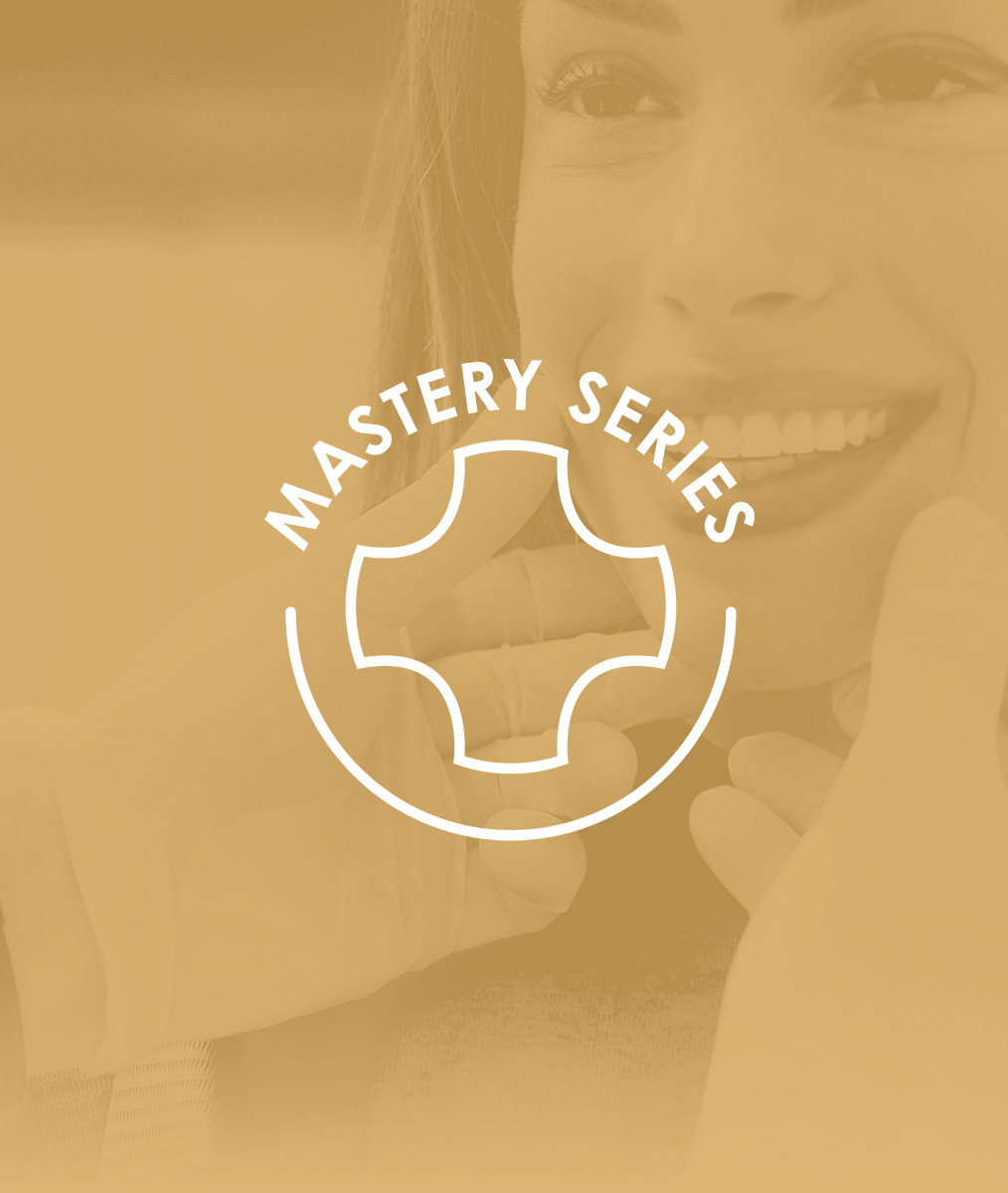A Team Approach to Creating a Dental Practice Mission
A quick, easy way to create a mission statement for your dental practice involves your team. In 2022, I called a team meeting to discuss what we want the practice to be like each day for ourselves and our patients. I wanted us to discuss what we could focus on.
We sat around the table in our break room. I asked the team members to take turns going around the table throwing out one word, two words, or a phrase that they felt described our practice. After a moment’s reflection, someone started the process. They had words. They had phrases. They developed whole sentences. And the beauty of this was that I didn’t have to say anything. I just sat there and listened.
If you are asking a team to be part of a mission, I think it is important that you allow them to create the mission. By the end of the meeting, we had a mission statement that we wanted to reflect on and revisit. A week later, we had a conversation about the statement. The team changed a couple of words, and then, Voila! We had our mission statement. It was a mission to which everyone had contributed.
Our next discussion was about how we wanted to be reminded of our mission and how we wanted to make patients aware of the mission. The team decided to put the mission statement on the break room wall, where we would see it daily, and to frame it for the reception area wall, where our patients could see it.
We also met to discuss our values. The team went around the table, listing our practice values. After collaboratively sorting the values, the team developed a list of our top values. This list also has been framed and displayed in the reception area.
We want to share our values and mission with our patients because they are like family. Our top priority is helping them understand their health, so they can make better decisions to improve their health.
Curious to know the wording we settled on? Our mission statement follows: “Devoted to impacting our patients’ lives by investing in their health while establishing relationships through our exceptional care in a safe and comfortable environment.”
Related Course
E1: Aesthetic & Functional Treatment Planning
DATE: January 23 2025 @ 8:00 am - January 26 2025 @ 2:30 pmLocation: The Pankey Institute
CE HOURS: 39
Dentist Tuition: $ 6800
Single Occupancy with Ensuite Private Bath (Per Night): $ 345
Transform your experience of practicing dentistry, increase predictability, profitability and fulfillment. The Essentials Series is the Key, and Aesthetic and Functional Treatment Planning is where your journey begins. Following a system of…
Learn More>









